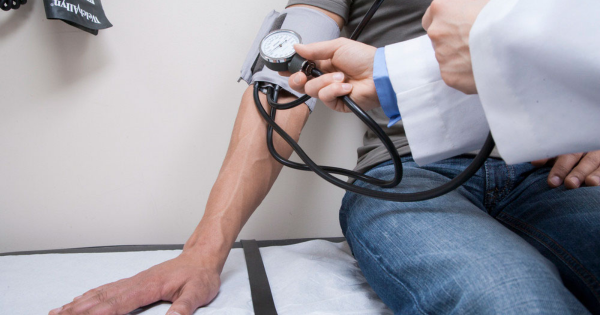This post contains affiliate links. Click here to read my affiliate policy.
Last Updated on July 24, 2024
Our health is one of the most important things in life. Without our health, we wouldn’t be able to do much of anything. Knowing when to wait for a doctor’s appointment and knowing when to go to urgent care can help you stay healthy. Unfortunately, health care isn’t free and just going to urgent care for every health concern can start to add up. Making an appointment is a better financial decision. However, not all health concerns can wait for some doctors’ appointments to be made months in advance. Waiting this long could worsen your ailment or worse.

Urgent Care Clinics
Urgent care clinics are in the middle of emergency and primary care doctors’ offices. Urgent care typically doesn’t handle life-threatening medical conditions, such as choking, poison exposure, etc. Urgent care is best for matters that are urgent but not deadly.
Unlike primary care clinics, which are open during normal business hours, urgent care is typically available after business hours, as well as on Saturdays and Sundays. Some hours may vary from business to business, however.
Doctor’s Offices
A doctor’s appointment differs drastically from the urgent care experience. Urgent care doesn’t necessarily offer specialist care. Primary doctors can refer you to one. Making an appointment at a doctor’s office could also be with a plethora of doctors who specialize in various health conditions.
Doctors like optometrists, gynecologists, and everything else in between can be considered part of your primary care plan. Doctors of Osteopathic Medicine, also known as DO, are considered primary care doctors, and make up 11% of the American physician population. These doctors offer overall care services and have grown by 63% over the last decade and nearly 300% in the last 30 years. This is a type of doctor you may consider making an appointment with depending on your medical condition.
Similarities
Although there are some serious differences between a doctor’s clinic and urgent care, there are some similarities, too. A lot of issues that are addressed by a doctor can be addressed by the medical professionals at an urgent care as well. Urgent care medical professionals have undergone the same training and medical schooling as doctors in a doctor’s office. Urgent care clinics are typically equipped with doctors, nurses, and other essential medical staff. Urgent care doctors have the ability to write prescriptions, just as your primary doctor would.
In fact, many urgent care clinics have their own pharmacy. When a doctor prescribes you medication at an urgent care clinic, you can purchase it from the in-house clinic and not have to worry about finding an outside pharmacy to fill it for you.
Understanding Your Medical Conditions
The short answer to this question is that it depends on whether the medical condition can wait or not. If the medical ailment can wait until you can be seen by your primary doctor, then you should wait. If the medical condition is serious enough that you cannot wait for your doctor’s appointment, then you should visit an urgent care clinic. However, there are certain medical conditions that aren’t suitable for either and should be handled in an emergency room instead. Discerning between the three can be difficult.
For example, it can be difficult to decide whether a diabetic foot ulcer should be handled at an urgent care facility or a doctor’s office since these complications are quite common for individuals with diabetes. This condition is known as diabetes mellitus, which affects 15% of the population who have diabetes. In a case like this, it may be best to seek help from an urgent care medical professional in order to receive some relief for the ailment. Other things such as pregnancy can wait for a doctor’s appointment, seeing as though you do not have any lifelong medical conditions that can affect your unborn child. Issues such as suspected miscarriage should be handled in an emergency room, due to the fact that it can be life-threatening for the mother and fetus.
All in all, you should listen to your body. If the issue seems or feels urgent, you should go to the urgent career clinic. If you believe your life is endangered or you need medical attention, immediately head to an ER. And if the medical issue can wait, make an appointment.

